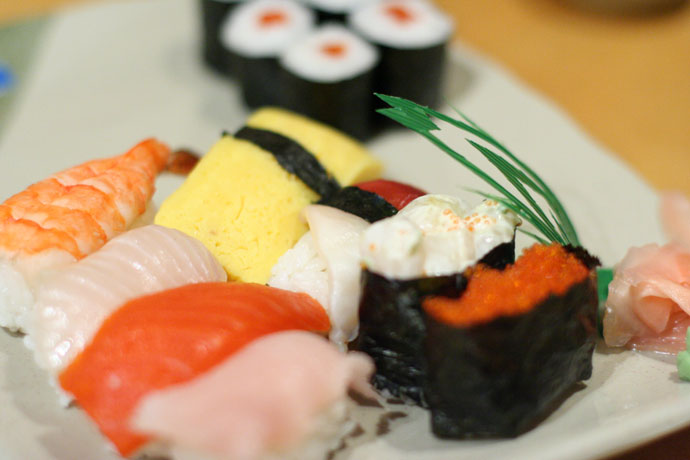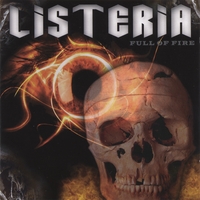Public health officials in Quebec say a pregnant woman in the province has lost her baby, possibly because of listeriosis.
Officials are still awaiting test results to confirm whether the woman who lost her baby was infected with the bacteria, said Dr. Horatio Arruda, Quebec’s director of public health protection.
 She didn’t lose the baby. It’s not like she misplaced the baby somewhere. The baby died because of listeria. Pregnant women should not eat a whole bunch of refrigerated ready-to-eat foods, but in the rush to promote raw milk cheese and food porn, those in charge forgot to remind those who are vulnerable of the risks.
She didn’t lose the baby. It’s not like she misplaced the baby somewhere. The baby died because of listeria. Pregnant women should not eat a whole bunch of refrigerated ready-to-eat foods, but in the rush to promote raw milk cheese and food porn, those in charge forgot to remind those who are vulnerable of the risks.
Max Dubois, the owner of L’Échoppe des Fromages in St. Lambert, wants to know who will compensate him for the $40,000 worth of cheese inspectors seized and destroyed from his store on Saturday.
"Why could they not have organized a voluntary recall, as they do in France. Each cheese would have been sent away for analysis. We would have better been able to trace the spread of the bacteria. But now all the evidence has been destroyed. We’ll never know if it was spread through a distributor, or on the paper it was wrapped in, or in some other way."
Uh, France is no better. Here is the latest French cheese recall due to listeria.
Microbiologist Jacques Goulet, a cheese specialist in the food science department at Université Laval, says he, too, believes the government over-reacted.
 "Listeria is present everywhere. But for most people, the risk posed by listeriosis is very low. Healthy people are rarely affected by the bacteria," he said, noting that the annual average of listeriosis cases in Quebec is about 50. (The public health department reported 63 cases in 2007 and 49 in 2006.).
"Listeria is present everywhere. But for most people, the risk posed by listeriosis is very low. Healthy people are rarely affected by the bacteria," he said, noting that the annual average of listeriosis cases in Quebec is about 50. (The public health department reported 63 cases in 2007 and 49 in 2006.).
Way to cite statistics. The people who got sick are real people who thought they were eating safe food.
 A nationwide alert has been sent out after listeria, a bacteria which can cause a type of food poisoning called listeriosis, was suspected in packaged pork.
A nationwide alert has been sent out after listeria, a bacteria which can cause a type of food poisoning called listeriosis, was suspected in packaged pork.



.jpg) spread via cantaloupe grown by Jensen Farms in Colorado.
spread via cantaloupe grown by Jensen Farms in Colorado. .jpeg) The story lacks any mention of adverse health effects from raw milk , other than quoting an FDA type as saying, “raw milk should not be consumed by anyone, at any time, for any reason.”
The story lacks any mention of adverse health effects from raw milk , other than quoting an FDA type as saying, “raw milk should not be consumed by anyone, at any time, for any reason.”.jpg) Three pregnant Hispanic women in Chicago and suburban Cook County
Three pregnant Hispanic women in Chicago and suburban Cook County  She didn’t lose the baby. It’s not like she misplaced the baby somewhere. The baby died because of listeria.
She didn’t lose the baby. It’s not like she misplaced the baby somewhere. The baby died because of listeria.